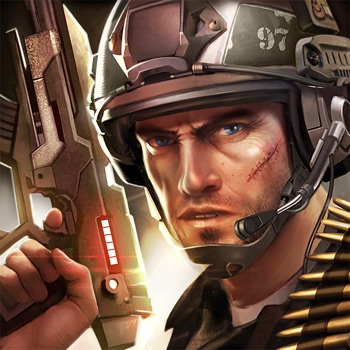
Each of these main texts is accompanied by a set of supplementary materials paintings, historical readings, cultural-analytical readings, excerpts from other literary works, etc. Each week-long unit is organized around a single medium-length text (novella, play, memoir) which opens up a single scene of social history birth, death, duel, courtship, tsar, and so on. This course covers 19C Russian cultural and social history. Portraits of Russian Society: Art, Fiction, Drama Portraits of Old Russia: Myth, Icon, Chronicle See primary department (STSC) for a complete course description.

No previous background in European or World history is required. The objectives of the course are: 1) To serve as an introduction to the study of history for majors and non-majors alike, and to teach the critical analysis of historical sources 2) to teach substantive knowledge of European history 3) to provide a foundation for further study of the European past.

Among the major themes we will examine are: states and power, borders and resistance, race and genocide, economies and oppression, ideas and revolution, the building and change of hierarchies of gender and power. HIST 031 will trace the dramatic rise and fall of Europe's global hegemony during the period roughly from 1450 to 1950. It also scrutinizes the fundamental tensions and enduring conflicts that characterized this society throughout this 800-year period.Ĭourse is available to Freshmen and Upperclassmen. This course focuses in particular upon the history of the Roman state between the fifth century BCE and the third century CE, exploring its religious and cultural practices, political, social and economic structures. It was, above all, a society characterized both by a willingness to include newly conquered peoples in the project of empire, and by fundamental, deep-seated practices of social exclusion and domination. It developed complex legal and administrative structures, supported a sophisticated and highly successful military machine, and sustained elaborate systems of economic production and exchange. Over a period of nearly 1500 years, the Roman state transformed from a mythical Kingdom to a Republic dominated by a heterogeneous, competitive aristocracy to an Empire ruled, at least notionally, by one man. But in its earliest history it comprised a few small hamlets on a collection of hills adjacent to the Tiber river in central Italy. Students will learn basic coding techniques that will enable them to work with a range data including literary texts and utilize techniques such as text mining, network analysis, and other computational approaches.Īt its furthest extent during the second century CE, the Roman Empire was truly a "world empire", stretching from northern Britain to North Africa and Egypt, encompassing the whole of Asia Minor, and bordering the Danube in its route from the Black Forest region of Germany to the Black Sea.

It covers a range of new technologies and methods and will empower scholars in literary studies and across humanities disciplines to take advantage of established and emerging digital research tools.

This course provides an introduction to foundational skills common in digital humanities (DH).
#League of war mercenaries cheats no survey registration
Registration also required for Recitation (see below) How did the world we now live in come to be? Is globalization a recent development or does it have a history of its own? At what point can we say that a world economy emerged and what sort of relations of production and distribution linked it together? When did people start thinking and acting as citizens of nations rather than as subjects of rulers or members of religious or ethnic communities, and what were the consequences? How should we conceptualize the great revolutions (French, American, Russian, Chinese) that would determine the landscapes of modern global politics? This course is designed to help us think about the "making of the modern," not by means of an exhaustive survey but by exploring a range of topics from unusual perspectives: piracy, patriotism, prophecy global struggles for political and human rights,drivers of war and peace, capitalism, nationalism, socialism, fascism, fundamentalism communication and culture.


 0 kommentar(er)
0 kommentar(er)
